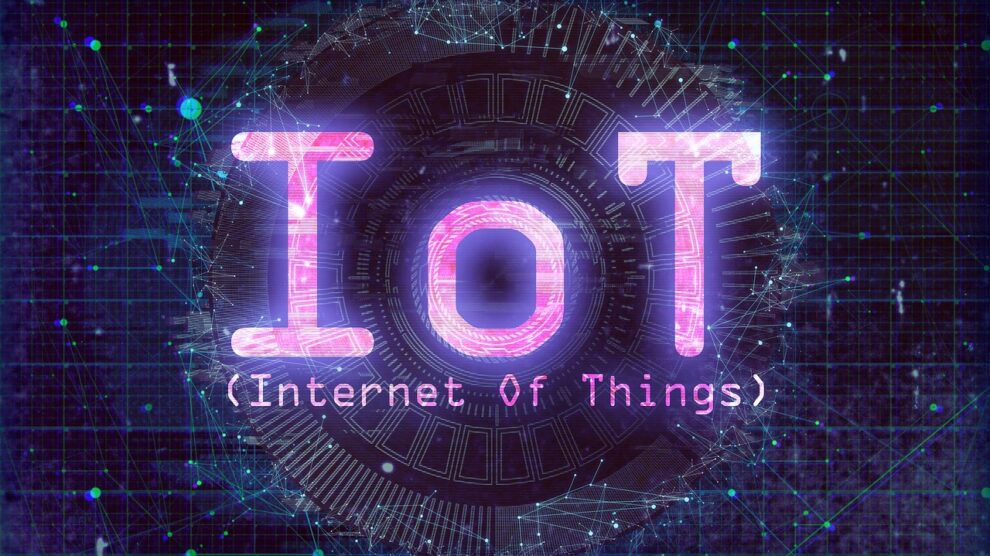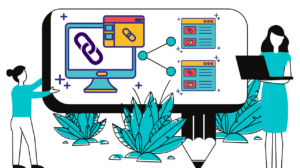IoT (The Internet of Things) has grown rapidly in the last 5 years and it is continuing to grow in intelligence. The global market value of IoT is expected to reach $7.1 trillion by 2020. This clearly suggests that nearly every industry will be strongly impacted by IoT in the near future.
IoT will have a significant impact in our day to day lives, not only in the way we do business, but also in that every device we interact with will be connected to IoT.
A world of massive possibilities lies in the future and we should be ready to accept IoT in all spheres of our life.
What is IoT?
IoT stands for the Internet of Things. It is a network of physical devices which are connected to the internet and to other connected devices in order to collect and share data.
Some examples of IoT include a smart microwave that can automatically cook food without any human intervention to set the time for cooking or self driving cars that can make travel easier without the need for human assisted driving. Sounds like a fairy tale but it’s true.
Top IoT Trends that Will Lead to Digital Transformation
A Connected Business Framework: IoT will help to build a connected business framework where logistics, devices, consumers and workforce will be connected together leading to an improved business ecosystem. This will make data sharing across all segments easier and the insights derived will be used to build strategies that will be more valuable than the existing ones.
Device Security Will Be Crucial: As devices become interconnected with each other, the threat to security will not be limited to just public networks. More and more private networks are set to come under scrutiny, meaning threats can arise from your smartphone or your smarthome.
Systematic Enterprise Processes Will Be In Place: Automation will be adopted by most companies. When such automation starts to happen at scale, it will lead to systematic enterprise processes that will greatly improve efficiency.
Machine Learning and Blockchain Will Empower IoT: Both machine learning and blockchain are set to play a crucial role in the development of IoT. In fact, both of these will become established elements that will serve as the backbone of IoT.
Smart Home Devices Will Rise in Popularity: IoT powered smart home devices are set to become a part of every household in the near future. People who are currently not feeling the need to have IoT enabled home devices will start buying smart home devices. This is set to become one of the hottest IoT trends. Amazon Alexa, Google Home, home automation range from Wemo, Philips Hue lighting are some of the examples of smart home devices that will soar in popularity in the near future.
The Need for IoT Management
IoT device management will be extremely crucial because the current IoT device landscape is still immature. For an IoT friendly world which is secure and makes life easier, device management capabilities need to evolve rapidly.
In an interesting case study by Cloud Management Suite, it was discovered that Plan B, a UK based managed services provider which specializes in difficult program delivery found it frustrating to keep track of software across an array of devices spread over 20 countries and 1300 different users. A large number of the devices were purchased outside of the organization, hence the manual software maintenance was extremely slow and was adding to the cost burden. When the company adopted an IoT Device Management solution, it was able to drastically bring the costs down and the management of devices became easier. The solution used an agentless tool, providing effective management over systems based on a network or connected via Virtual Private Network (VPN). It was easily operated from the cloud, meaning, the tool required no server installation or configuration. Moreover, the solution incorporated a self-upgrading capability with a multi-tenancy feature, that enabled MSPs to proactively manage multiple customer environments from 30 – 30,000 endpoints.
IoT device management is the process of maintaining the device firmware and software so that it functions smoothly and securely. Constant monitoring, device maintenance, configuration and authentication plays a crucial role in maintaining the entire IoT framework.
Here are some pointers that will lead to effective management of IoT devices:
- Centralized password management: One should be able to change the passwords of each of the connected devices from one central location.
- Automatic software updates: All the connected devices should be automatically checked for vulnerability. You should be able to manage unpatched vulnerabilities at the click of a button. With predictive patch management, effective network security should be achieved on a scale leading to a secured IoT world.
- Better Groupings: Different devices in the IoT network will be provided by different IoT providers but there should be a system to group all the functions together to achieve optimum performance. For example, if I need to switch on the TV, AC and Fridge of my house then I should be able to do that at the click of a button without the need to press 3 different switches to operate 3 different devices. AWS IoT 1-Click is an example of such software provided by Amazon.
- Artificial Intelligence: Devices should be smart enough to sense the need of operation, meaning lights should switch off automatically when there is no one in the room. Artificial intelligence is what will drive the efficiency of IoT.
Conclusion
The entire world is slowly moving towards IoT. We all will be highly dependent on IoT connected devices in the next 5 years. IoT is rightfully regarded as the ‘next generation of internet’. However, security will become tougher and both consumers and manufacturers must take every step necessary to leave no vulnerabilities.





